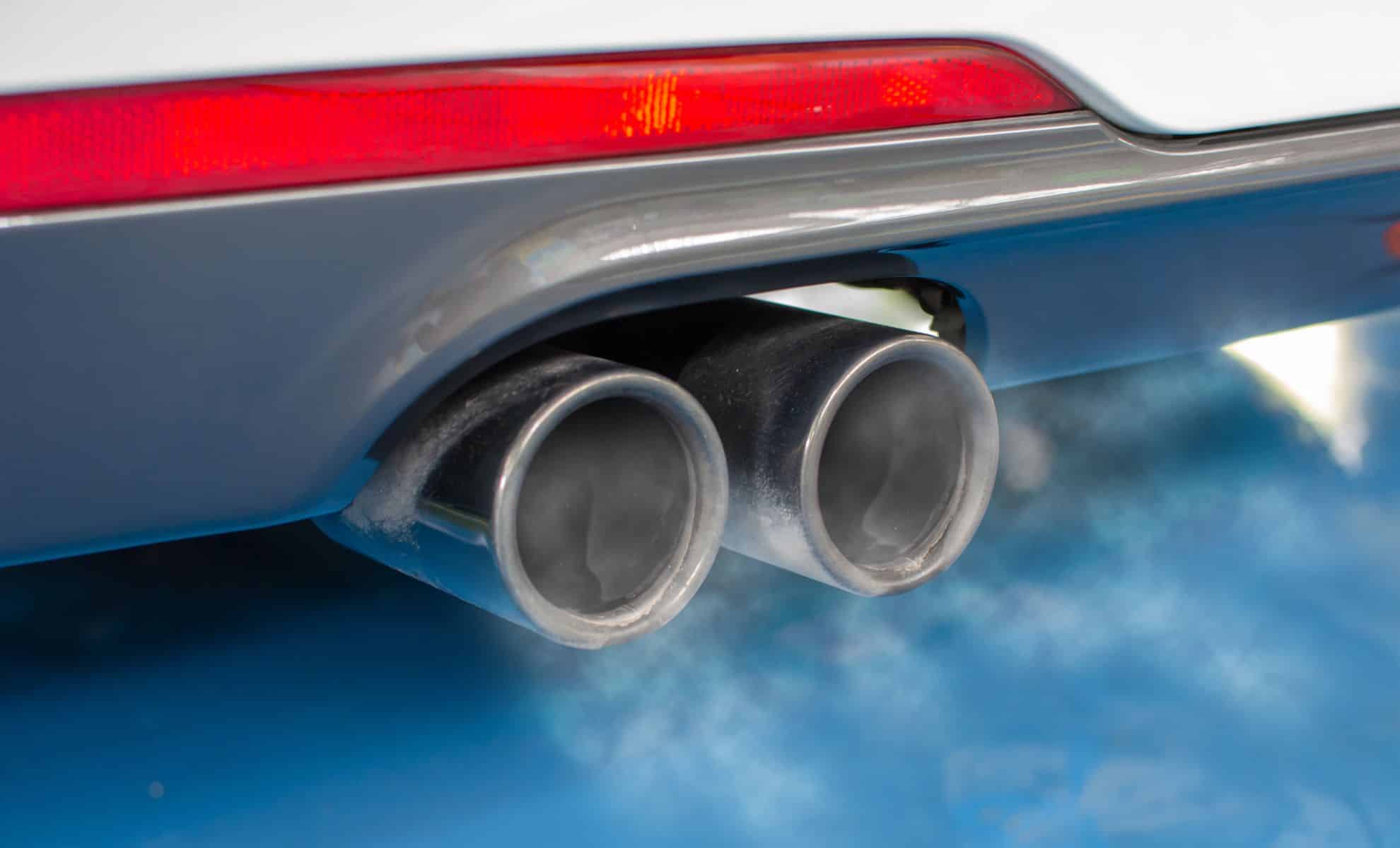Court of Auditors points finger at CO2 emissions from thermal vehicles

While European car manufacturers need to reduce CO emissions2 Regarding their new thermal vehicles, the recent report of the Court of Auditors shows that the situation will be almost the same as it was 12 years ago.
Indeed, in its audit report conducted between 2020 and 2022, the Court of Auditors looked at CO emissions.2 Car sales in the EU. In this study, the aim was to determine whether European Union member states actually verify data from car manufacturers. As a reminder, since 2010, those who have exceeded their CO emission quotas2 Penalties are applicable on new vehicles.
But according to the Court of Auditors report, CO emissions2 Not reduced at all. ” Emissions in real terms from thermal vehicles – which still represent around three-quarters of new registrations – have not really fallen. Over the last decade, they have remained stable for diesel cars and have declined only slightly (-4.6%) for gasoline cars. Advances in engine efficiency are offset by increases in vehicle mass (+10% on average) and engine power (+25% on average). », details of audit report.
The States never investigate Values transmitted by thermal vehicle manufacturers?
The weight of the vehicle will represent a real problem. As increasingly important, CO emissions2 So, despite the efforts of engineers, are evolving. To reduce fuel consumption, they improve the engine every time (lubrication, variable timing, different combustion cycles, etc.). In addition, the audit report scrutinized the conformity tests carried out by car manufacturers in certain Member States, particularly Germany, the Netherlands and Italy. The observation is clear: these states almost never check the values transmitted by the manufacturers of their thermal vehicles.
” In two of the three Member States visited, type approval authorities did not carry out the necessary checks on manufacturers. This lack of control limits the certainty of CO emissions2 Vehicles declared by manufacturers on certificates of conformity are accurate. The Commission has little information on the implementation of these restrictions by national authorities, as it did not itself assess the application of the new rules until mid-2023. », explain the investigators.






